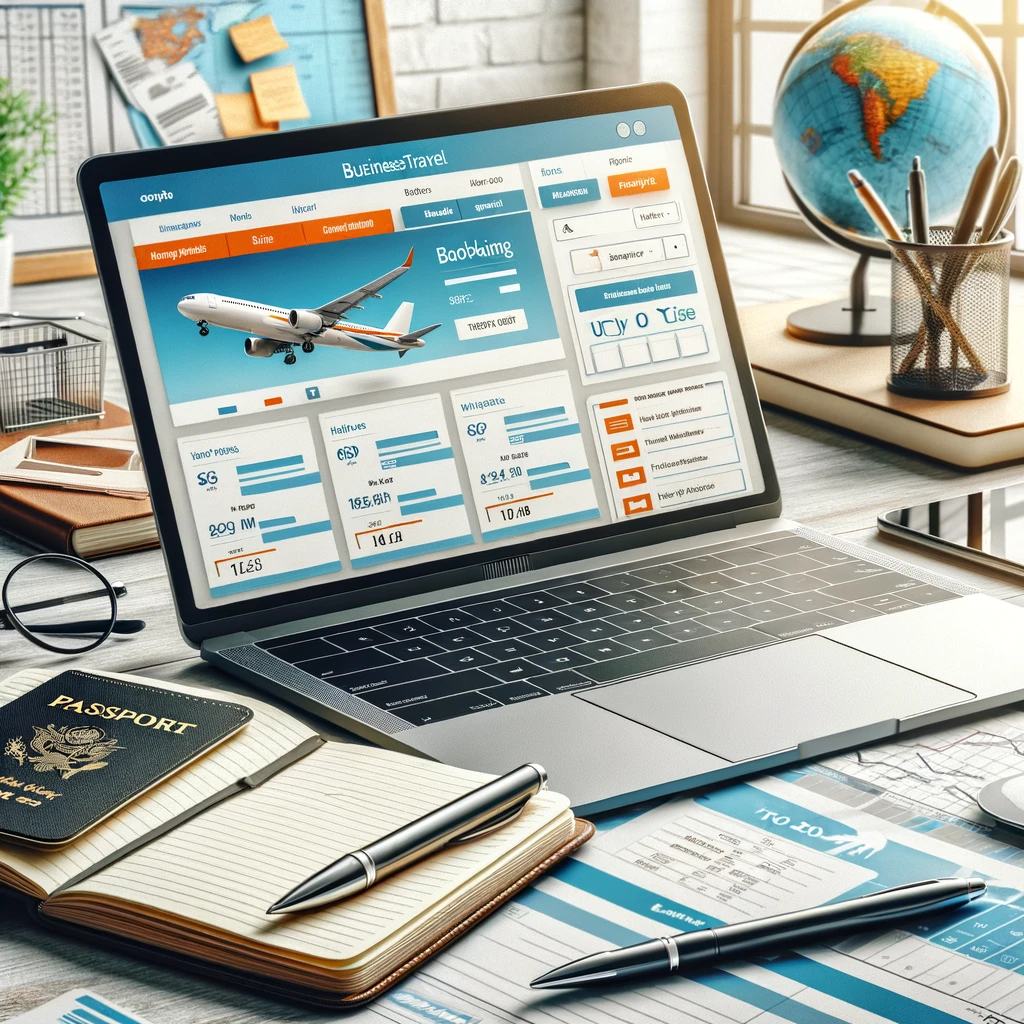In the fast-paced world of business, travel is often a necessity. Whether it’s for meetings, conferences, or networking events, getting from point A to B efficiently and comfortably is paramount. Here’s a short guide to booking flights for business travel that balances cost, convenience, and comfort.
1. Early Planning is Key
The adage ‘the early bird catches the worm’ holds true in business travel. Booking flights well in advance can often lead to significant savings. Airlines often release their flight schedules 11 months in advance, and this is when you’ll find some of the most competitive prices. However, balance this with the knowledge that plans can change; look for tickets that offer flexibility in terms of dates and times without exorbitant fees. Also keep an eye out for sales.b
2. Loyalty Pays Off
Frequent flyer programmes are a boon for business travellers. By sticking to one airline or alliance, you can accumulate points or miles that can be redeemed for upgrades, lounge access, or even free flights. The perks of being a loyal customer, such as priority boarding and additional baggage allowance, can make your travel experience more pleasant.
3. Use Technology to Your Advantage
In this digital age, numerous tools and apps can simplify the process of booking flights. Platforms like KAYAK or Skyscanner allow you to compare prices across different airlines and booking sites. Setting up alerts for price drops on specific routes can also help you snag a great deal. Additionally, consider using corporate travel management software if you’re handling travel arrangements for multiple employees.
4. Non-Stop vs Connecting Flights
The choice between non-stop and connecting flights often comes down to a trade-off between time and money. Non-stop flights are typically more expensive but save time and reduce the stress of making connections. However, if budget is a primary concern, a connecting flight might be more economical. Consider the total travel time and the potential for delays or missed connections when making your decision.
5. Consider Alternate Airports
Major cities often have more than one airport. While primary airports are more accessible, secondary airports can offer cheaper flights and less congestion. For instance, flying into London Gatwick instead of Heathrow might save you some pounds, albeit at the cost of potentially longer ground travel times.
6. Timing Matters
Flight prices can vary significantly depending on the day of the week, time of day, and season. Mid-week flights are generally cheaper than weekend flights. Red-eye flights or flights at less popular hours can also be more budget-friendly. If your schedule is flexible, use this to your advantage.
7. Comfort is Crucial
For long-haul flights, comfort becomes a significant factor. Consider paying a bit extra for premium economy or business class on longer flights. The additional legroom, better food, and extra baggage allowance can make a big difference, especially if you’re heading straight to a meeting after landing.
8. Stay Informed
Finally, stay updated on travel advisories, airline policies, and health and safety protocols, especially in the current climate. Ensure you’re aware of cancellation policies, insurance coverage, and what your ticket entails.
In conclusion, booking flights for business travel requires a blend of strategic planning and flexibility. By considering factors like loyalty programmes, flight timings, and comfort, alongside cost, you can ensure a more efficient and enjoyable travel experience. Remember, in business travel, time is money, but comfort and convenience are invaluable currencies as well.
